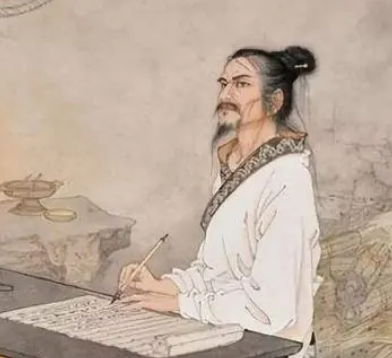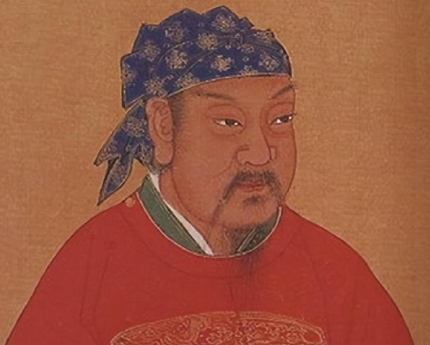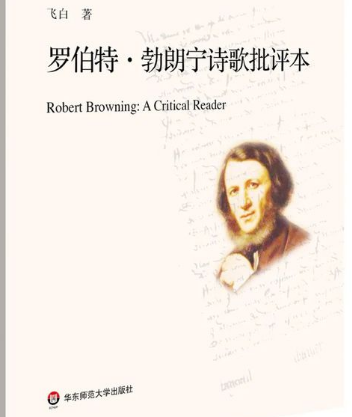In the history of China, the succession of the throne was often accompanied by complex palace intrigues. The abdication event of Emperor Shunzong of Tang, Li Song, is one such example, and the reasons behind it are still the focus of historians and researchers. Emperor Shunzong reigned for a very short time, giving up the throne to the Crown Prince Li Chun, later known as Emperor Xianzong of Tang, after only a few months. This article will explore the possible reasons for Emperor Shunzong's abdication and attempt to unravel this historical mystery.

I. Background of Emperor Shunzong's Ascension
Li Song, Emperor Shunzong of Tang, was the eldest son of Emperor Daizong of Tang, Li Yu. He inherited the throne after his father's death. However, due to long-term illness, Li Song's health condition was poor, laying the groundwork for the later abdication event.
II. Analysis of the Reasons for Emperor Shunzong's Abdication
There are various historical accounts regarding why Emperor Shunzong abdicated, mainly focusing on the following aspects:
1. Health Factors: Emperor Shunzong had been physically weak and ill since childhood. His health condition did not improve after ascending the throne. He may have chosen abdication due to health reasons, unable to continue bearing the heavy burden of the emperor.
2. Political Factors: Some historical materials suggest that Emperor Shunzong's abdication may have been related to political struggles at that time. Powerful officials in the court and other royal family members may have pushed for the abdication for their own interests.
3. Personal Will: Some believe that Emperor Shunzong chose the capable Crown Prince Li Chun to inherit the throne out of consideration for the country and its people, in order to ensure the stability and development of the country.
III. The Impact of Emperor Shunzong's Abdication
Emperor Shunzong's abdication had significant impact on the political situation at that time. On one hand, it ensured a smooth transition of the throne, avoiding potential internal chaos. On the other hand, a series of reform measures implemented by Emperor Xianzong after ascending the throne, such as the "Yuanhe Restoration," brought a brief revival to the Tang Dynasty.
IV. Conclusion and Reflection
The true reasons for Emperor Shunzong's abdication may never be fully revealed, but this event reflects the complexity of ancient royal succession. Whether it was due to health reasons, political considerations, or personal wishes, Emperor Shunzong's decision had a profound impact on the historical trajectory of the Tang Dynasty. By discussing this event, we can not only better understand the history of the Tang Dynasty but also reflect on the普遍性 of power succession and the diversity of historical development.
Conclusion:
The abdication of Emperor Shunzong of Tang was a turning point in the history of the Tang Dynasty. It not only affected the political situation at that time but also posed challenges to later evaluations and research. Although we may never fully determine the true reasons for Emperor Shunzong's abdication, through analysis and discussion, we can gain a deeper understanding of history and recognize the multiple possibilities behind historical events.
Disclaimer: The above content is sourced from the internet and the copyright belongs to the original author. If there is any infringement of your original copyright, please inform us and we will delete the relevant content as soon as possible.
































